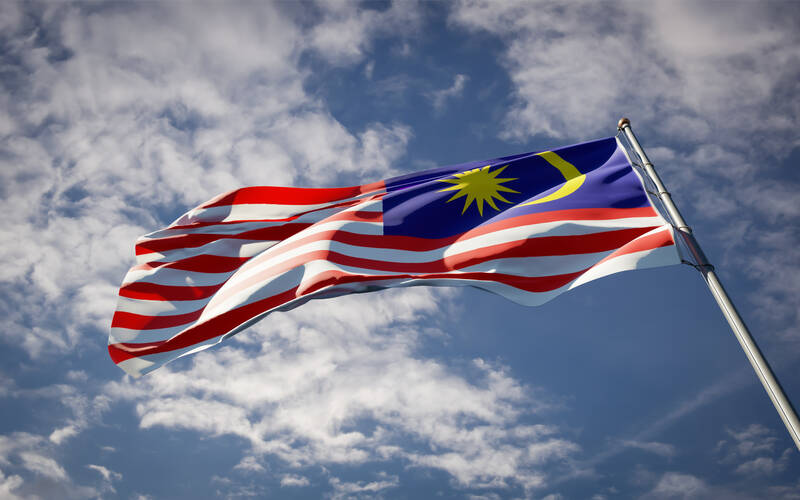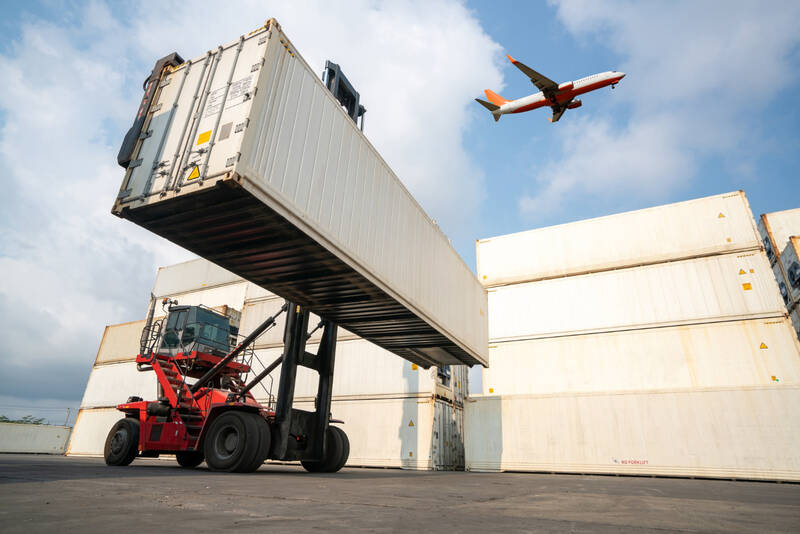Malaysian Prime Minister Launches National Trade Blueprint
Blueprint to Increase Malaysia’s Trade Competitiveness

Prime Minister Dato' Sri Ismail Sabri bin Yaakob has launched the National Trade Blueprint or NTBp, a blueprint to increase Malaysia’s trade competitiveness through an improved business ecosystem.
Ismail said that the Blueprint outlines a 5-year (2021-2025) development strategy and initiatives to enhance Malaysia’s trade competitiveness, specifically in the exports of merchandise. The Blueprint aims to position Malaysia as a dynamic and pre-eminent trading nation through sustainable export development.
The Blueprint provides opportunities to augment Malaysia’s institutional frameworks to lift the export economy onto a growth trajectory. To achieve this, NTBp complements other current policies and master plans by converging objectives, reconciling initiatives, and bringing together the various stakeholders in the value chain towards the central goal of an export framework. It aims to attune to the current trade landscape in the light of the rapidly evolving global trends while addressing the business community’s needs.
The Blueprint’s framework is guided by 4 strategic priorities, 3 strategic themes and 8 strategic thrusts with 40 recommendations to improve and enhance Malaysia’s trade competitiveness.
Among the specific areas under the ecosystem covered by the NTBp are Trade Facilitation & Logistics, Standards & Conformance, Trade Promotion & Market Access, Sustainability & Innovation, Digitalisation & Technology as well as Investment and Branding.
Each strategic thrust will pursue a set of key strategies according to the specific areas to fulfil its strategic aim. A number of action plans are identified that will facilitate and enhance trade competitiveness throughout the business ecosystem.
The achievements of NTBp through the outcomes and impacts of its action plan under the 8 strategic thrusts will support the realisation of the export target of the 12th Malaysia Plan and its priority goals.
Senior Minister Dato’ Seri Mohamed Azmin Ali, who is also the Minister of International Trade and Industry, thanked various parties involved in the development of the Blueprint. “It is heartening to note that the synergies between the public and private sectors in pooling their resources to formulate this valuable document as we continue working to propel the nation’s economy”, he said.
The development of the Blueprint took one year to complete and involved participation from both the public and private sectors.
To implement and monitor the recommendations, 8 Working Groups (WGs) have been formed according to their specific areas within the ecosystem. For efficiency, these WGs shall report to the existing Jawatankuasa Koordinasi Eksport (JK-X), chaired by the Chief Secretary to the Government of Malaysia.
Concerted efforts from Ministries, Agencies and other stakeholders within the business ecosystem is crucial to ensure the successful implementation of NTBp.
About National Trade Blueprint (NTBp)
The National Trade Blueprint (NTBp) is a blueprint developed by Malaysia External Trade Development Corporation (MATRADE) under the purview of The Ministry of International Trade and Industry (MITI) to increase Malaysia’s trade through an improved business ecosystem.
It outlines a 5-year (2021-2025) timeframe strategic direction and tactical measures to enhance Malaysia’s export competitiveness, specifically in the exports of merchandise. It aims to position Malaysia as a dynamic and pre-eminent trading nation through sustainable export development.
NTBp provides opportunities to augment Malaysia’s institutional framework to lift the export economy onto a growth trajectory that is attuned to the rapidly evolving global trends.
To achieve this, NTBp complements other current policies and master plans by converging objectives, reconciling initiatives, and bringing together the various stakeholders in the value chain towards the central goal of an export framework that is aligned with the current trade landscape and business community’s needs.
Concerted efforts from Ministries, Agencies, State Governments and other stakeholders are crucial to ensure successful implementation of the Blueprint to achieve the export target outlined in RMK-12.
About MATRADE
The Malaysia External Trade Development Corporation (MATRADE) was established on March 1, 1993. It is Malaysia’s national trade promotion organisation and the external trade promotion arm of the Ministry of International Trade and Industry (MITI). Our purpose:
• Facilitate access to foreign markets
• Digitise exports through e-commerce initiatives
• Provide market intelligence for exporters to remain competitive
• Support national export plans
• Build export readiness
• Build linkages to connect local exporters to foreign buyers and markets
• Provide specialised support to advance exports
• Strengthen the brand of Malaysia












